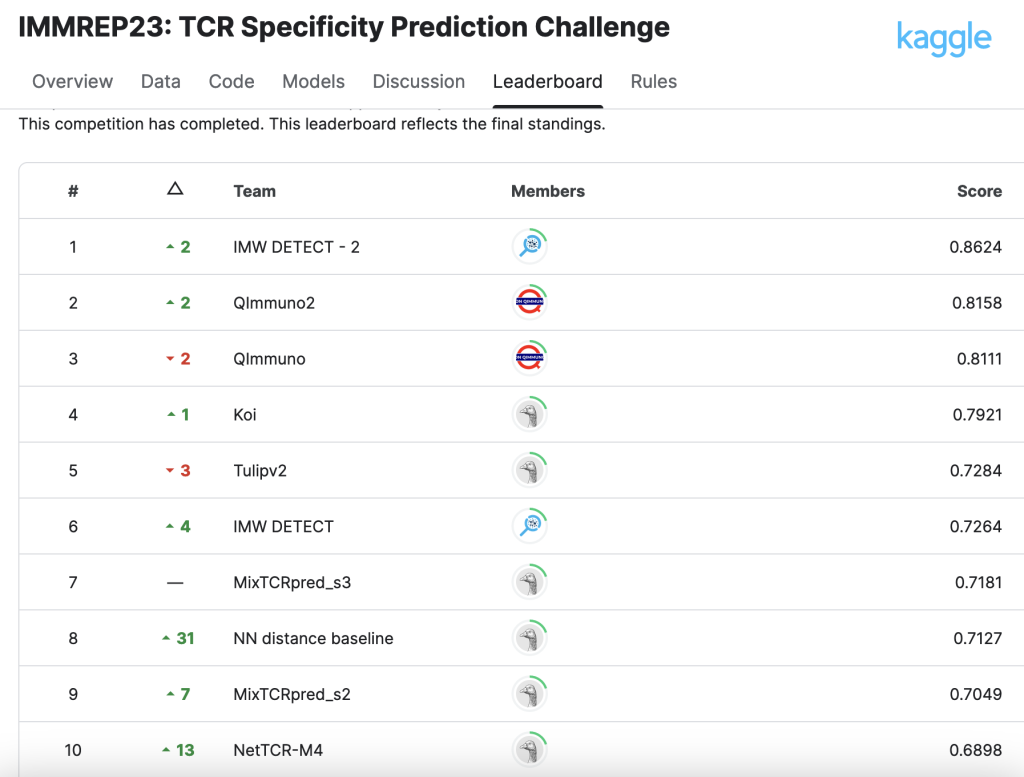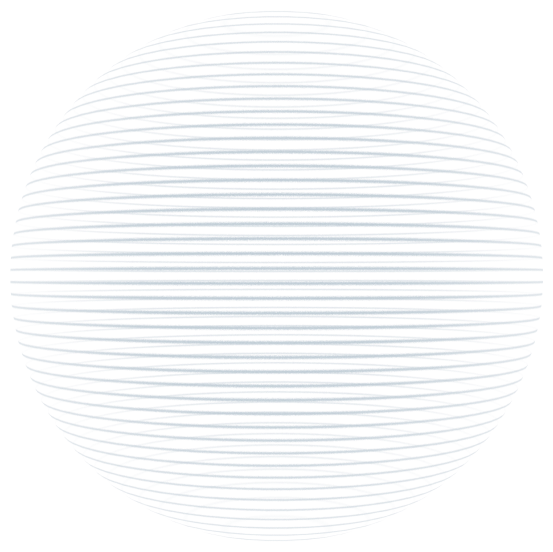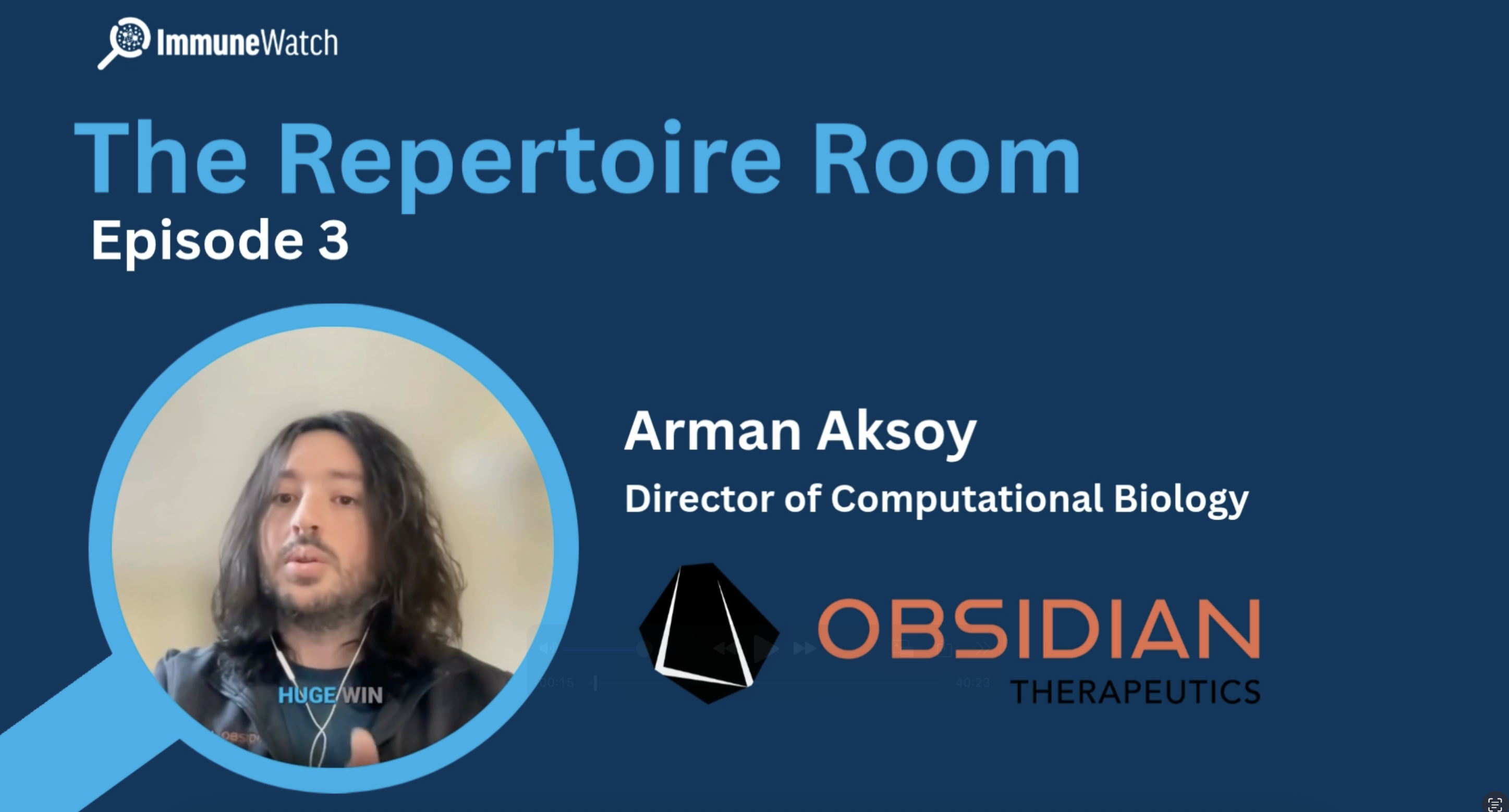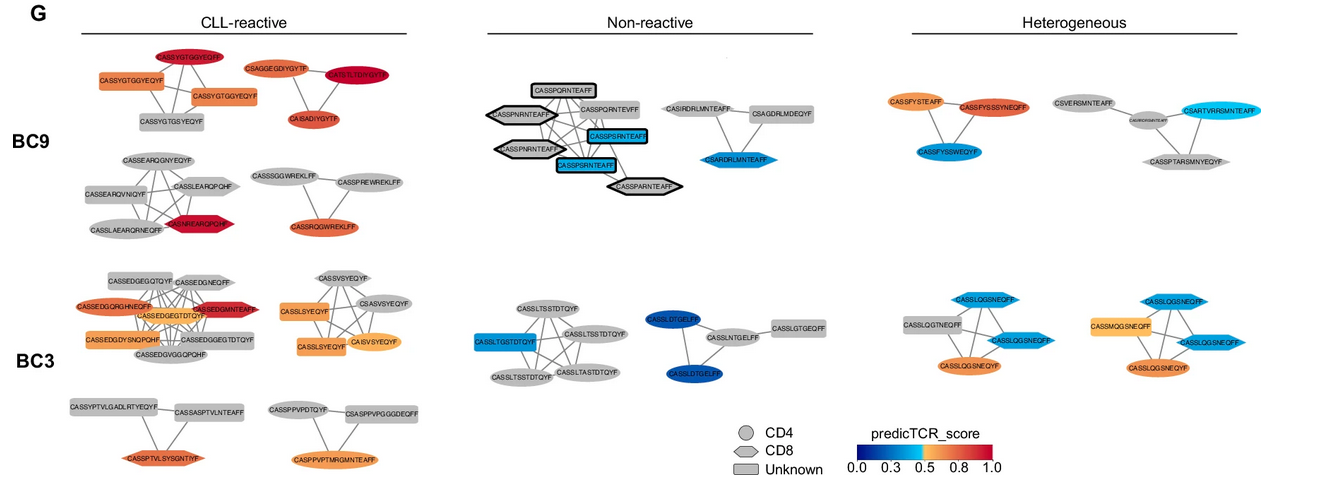ImmuneWatch DETECT
Annotate the specificity of your T-cell receptors with machine learning-driven database matching


Extract real value from your T-cell receptor repertoires
ImmuneWatch DETECT is the leading software solution for annotating the epitope specificity of T-cell receptor (TCR) sequences. ImmuneWatch DETECT will match your TCRs with our large in-house database of TCR-epitope pairs and uses a public-benchmark-winning machine learning algorithm (IMMREP23) to evaluate their epitope specificity.
By directly matching TCR clonotypes with their targets, you can effectively identify and monitor the clonotypes that matter to you throughout your clinical samples.


Together with ImmuneWatch we were able to assess vaccine-induced T-cell signatures in our unique longitudinal sample collection of cancer patients. Based on antibody titers, it has previously been shown that cancer patients induce a weaker response towards COVID19 vaccines. T-cell immunity in this context is far less characterized and understood. Thanks to the ImmuneWatch DETECT platform we were able to take a deep dive into the SARS-CoV-2-specific T-cell response of our cancer patient cohort.

ImmuneWatch assisted us in analysing reactive T-cells through TCR sequencing and data anaysis in an oncology setting. Together, we identified potential TCR candidates for further in vitro validation. This collaboration provided us with insights into T-cell reactivity and the immune profile of our stimulation experiments, advancing our understanding and guiding future research.

Going from a TCR sequence to its putative target is not an easy task. We found relief switching to ImmuneWatch DETECT. Now we can just say; here's an award-winning algorithm that people rely, trust, and this is what we are using.

Together with ImmuneWatch we were able to assess vaccine-induced T-cell signatures in our unique longitudinal sample collection of cancer patients. Based on antibody titers, it has previously been shown that cancer patients induce a weaker response towards COVID19 vaccines. T-cell immunity in this context is far less characterized and understood. Thanks to the ImmuneWatch DETECT platform we were able to take a deep dive into the SARS-CoV-2-specific T-cell response of our cancer patient cohort.

ImmuneWatch assisted us in analysing reactive T-cells through TCR sequencing and data anaysis in an oncology setting. Together, we identified potential TCR candidates for further in vitro validation. This collaboration provided us with insights into T-cell reactivity and the immune profile of our stimulation experiments, advancing our understanding and guiding future research.

Going from a TCR sequence to its putative target is not an easy task. We found relief switching to ImmuneWatch DETECT. Now we can just say; here's an award-winning algorithm that people rely, trust, and this is what we are using.
The DESIGN analysis performed by ImmuneWatch is very informative and useful for making decisions on our different candidate antigens. Thank you for this nice work!

ImmuneWatch DETECT wins Machine Learning competition
We are excited to share our recent win in the IMMREP23 Kaggle competition focused on TCR (T-cell receptor) specificity prediction.
Read the article
Use cases
Our offering
Find the epitope-specificity of your TCRs today
ImmuneWatch DETECT for Academia

Best-in-class TCR-epitope prediction algorithm

Trained on high quality in-house database IMWdb

Executed locally, no data uploaded to the cloud

Explainability of TCR-epitope predictions

Continuously updated to always get the best predictions

10 free credits per month
ImmuneWatch DETECT for Industry

Best-in-class TCR-epitope prediction algorithm

Trained on high quality in-house database IMWdb

Executed locally, no data uploaded to the cloud

Explainability of TCR-epitope predictions

Continuously updated to always get the best predictions

Email support within 3 business days

Try it out on your own data
TCR repertoire analysis as a service

In-depth data analysis by immunoinformatic experts

Detect pathogen-, vaccine-, therapy-specific TCRs with our best-in-class TCR-epitope prediction algorithm

Possibility to generate data for your epitopes of interest

Includes TCR-epitope specificity annotations with ImmuneWatch DETECT
FAQ
Find more information and answers to frequently asked questions on our documentation pages.
Is ImmuneWatch DETECT Free?

We offer 10 free credits per month for academic users. If you need additional credits—whether you’re from academia or enterprise—you can contact us to purchase more.
What is a credit?
With one credit, you can run ImmuneWatch DETECT on one TCR repertoire sample. You can rerun the same sample multiple times with different settings, and it won’t deduct additional credits.
How long are my credits valid?
Your credits are valid for one year from the time of purchase or allocation.
What is a TCR repertoire sample?
We define a sample based on the type of TCR sequencing data:
• Non-paired data (e.g. Bulk TCR-β data): A single file containing up to 500,000 TCR clonotypes.
• Paired data (e.g. Single Cell TCR-αβ data): A single file containing up to 10,000 TCR clonotypes.
For further questions about purchasing credits or any other inquiries, feel free to contact us.
Can ImmuneWatch DETECT detect any kind of epitope?

ImmuneWatch DETECT is an algorithm that falls into the “seen epitope models” category, where it was found to be the best-in-class. This means that it needs to have training data on an epitope, before it can detect TCRs related to this epitope.
IMWdb currently contains more than 1900 epitopes and is continuously expanded. In addition, we offer a service to generate the data specifically for your epitope of interest. Request a quote here.
A true “unseen epitope model” is currently being researched.
Is ImmuneWatch DETECT only limited to TCR Beta chains?

No, ImmuneWatch DETECT is able to annotate both the Alpha and Beta chains of TCRs. In addition, it can also work Delta and Gamma chains.
Do you also offer TCR sequencing?

Yes, we can help you out with your TCR sequencing project as well. Feel free to contact us for a quote for your project.
Are the results reliable?

A recent public benchmark (IMMREP23) concluded that TCR-epitope prediction models perform very well when they have access to extensive training data on specific (“seen”) epitopes. However, predicting interactions for new (“unseen”) epitopes remains an unsolved issue in the field.
Among the methods tested, ImmuneWatch’s DETECT stood out with what the final manuscript described as a “substantial predictive advantage,” outperforming other models in its category.
Read more about ImmuneWatch DETECT's performance here.
How does your machine learning model work?

ImmuneWatch DETECT is a custom-built probabilistic model that judges if the TCR has enough information to conclude if it is specific to a target epitope. The design choices have been guided by our biological knowledge and years of experience of working with these kind of prediction models.
Even though the model itself is relatively complex, it does offer an intuitive explanation for each prediction by citing the reference TCRs that were used to make the prediction. More info regarding this Explainibility feature can be found on our Documentation pages.
What is the difference between ImmuneWatch DETECT and tools such as GLIPH2 or tcrdist3?

The main difference is the fact that ImmuneWatch DETECT comes with its own TCR-epitope database, which is not the case for GLIPH2 or tcrdist3.
More specifically, GLIPH2 and tcrdist3 are clustering tools and not annotation tools. They will output clusters of similar TCRs, where each cluster is representing a group of antigen-specific TCRs. From this you will still have to match it with a database and decide yourself what paramaters and cutoffs you will use to do this matching.
ImmuneWatch DETECT on the other hand is an annotation tool. Internally it will do clustering and will then evaluate each TCR if it has enough information to assign a potential epitope. For this it will use it's internal database, IMWdb, which is larger and updated much more frequently than e.g. VDJdb a database that you would typically use in combination with GLIPH2 and tcrdist3.
Our offering
Make your vaccine design process more data-driven by implementing machine learning and approaches from reverse vaccinology.
Reverse vaccinology as a service




















